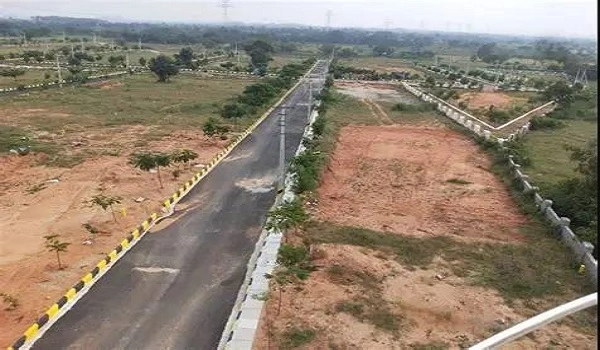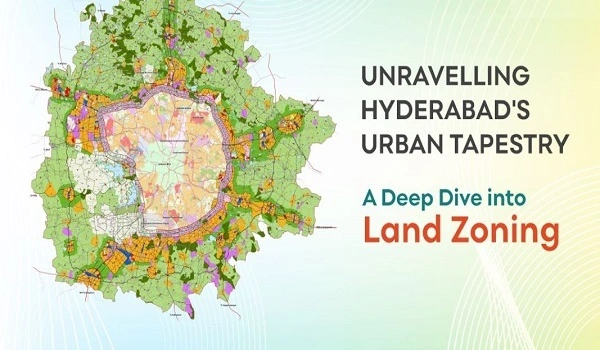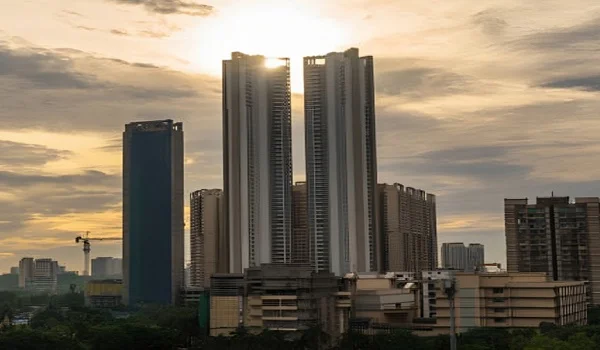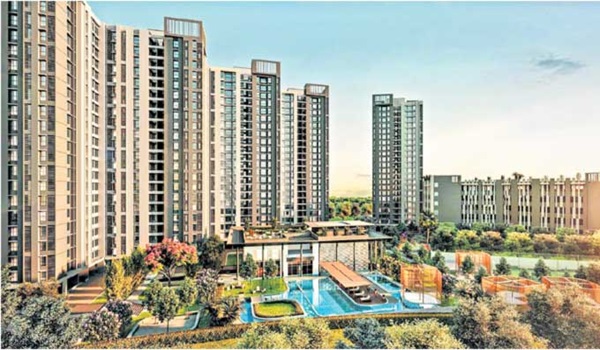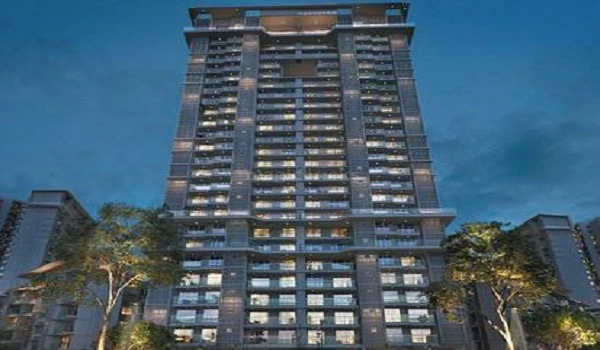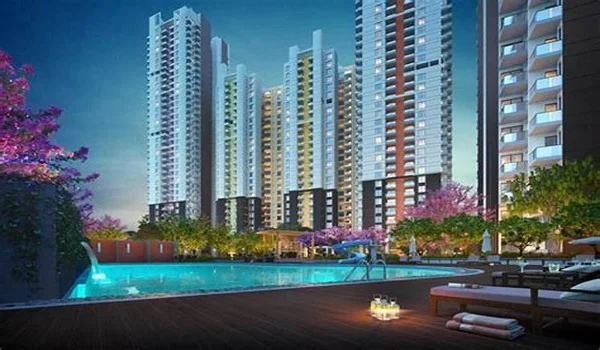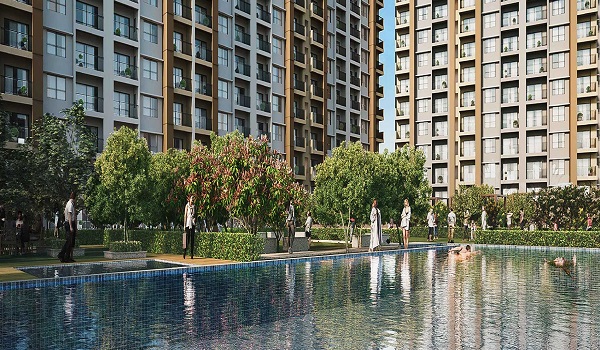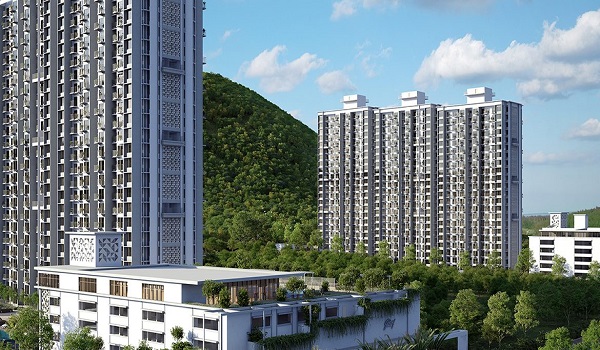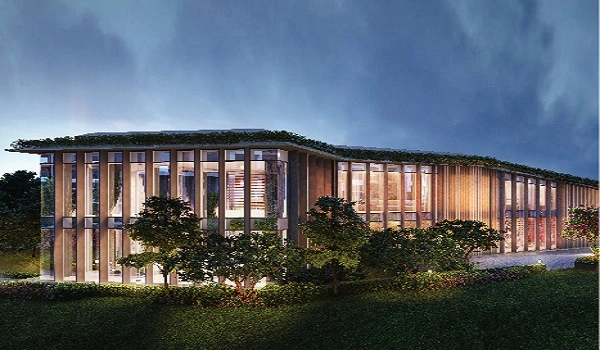Is Godrej a Good Builder? A Genuine Look for 2025 Buyers & Investors
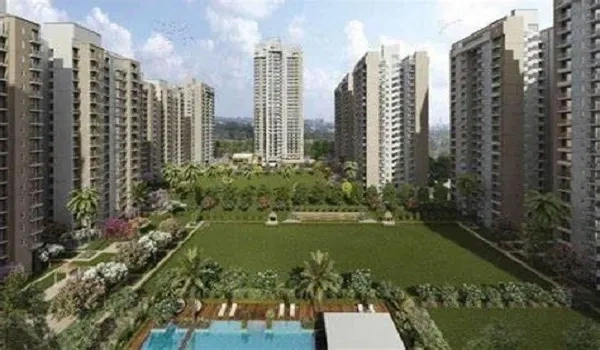
If you're thinking of buying a home or investing in real estate, chances are you've come across the name Godrej Properties. It's one of those names that sparks recognition—even trust—for many Indians. But brand reputation alone isn't enough when you're putting down lakhs (or crores) of rupees. So let's cut through the hype and look at the real question: Is Godrej actually a good builder in today's market?
This piece gives you the full picture—what they've done well, where they've fallen short, and whether their recent performance backs up the glossy brochures. Especially if you're eyeing projects like Godrej Regal Pavilion in Rajendra Nagar, keep reading.
Most people in India have grown up with something Godrej. From locks and cupboards to soaps and fridges, the Godrej brand has been a steady presence for over a century. That history plays a big role in how people view their real estate arm, Godrej Properties. When they entered the property space, they brought along their values of trust, quality, and ethical business. And for many, that's a big reason why they feel safer booking a home with them.
But does that legacy translate well into buildings, apartments, and gated communities? That's what we'll explore next.
In short: very strong. The numbers from the past year speak volumes.
Godrej Properties posted a record-breaking ₹22,527 crore in sales bookings in FY24, which was a massive 84% jump from the previous year. They've set a goal of ₹30,000 crore for FY25, and with the way they're acquiring land and launching projects, that target doesn't feel far-fetched.
In fact, in 2024, they officially became the largest publicly listed real estate developer in India by sales. Their net profit stood at ₹725.27 crore, and rating agency CRISIL reaffirmed their top short-term rating of A1+. That rating tells us that the company is not only financially stable but also holds strong liquidity and excellent repayment ability.
For anyone thinking long-term—whether you're a homebuyer or investor—that kind of financial backing means fewer chances of stalled projects or developer defaults.
Here's where it gets a little nuanced.
Godrej has delivered several large-scale projects in cities like Pune, Bangalore, and Mumbai. In FY24 alone, they delivered about 12.5 million square feet, with an even bigger target of 15 million square feet for FY25.
However, not every project has gone perfectly. Like most big-name developers, they've faced delays—some caused by red tape, others by COVID-related disruptions, and occasionally internal execution hiccups.
That said, most of their projects today are RERA-registered, which means there are legal protections in place for buyers. And under RERA, delays come with penalties, which builders like Godrej are now more careful to avoid.
In general, the build quality is one of Godrej Properties' strong points. Their newer projects come with well-finished interiors, branded fittings, thoughtful layouts, and premium amenities. Whether you're looking at a high-end apartment in Godrej Tiara, Pune or the new towers at Godrej Regal Pavilion in Rajendra Nagar, the attention to design is easy to spot.
Their commitment to green buildings and sustainable practices also sets them apart. Since 2010, every Godrej project has aimed to be green-certified. You'll find features like rainwater harvesting, solar panels, waste segregation, energy-efficient lighting, and landscaped open spaces.
But no builder gets everything right. Some reviews on platforms like MouthShut and MagicBricks have flagged minor issues, like water seepage in older towers or slower-than-expected maintenance response. While these aren't unique to Godrej, they're worth noting.
If you're scrolling through online reviews, you'll see a mixed bag—but more green flags than red ones.
- Well-maintained common spaces
- Child-friendly and green environments
- Good security and clubhouses
- Professional site visits and the sales process
On the other hand, some complaints revolve around:
- Delays in resolving post-possession issues
- Lack of clarity on pricing during the final payment
- Customer service is not as responsive after the sale is done
Some buyers have also pointed out that builder-buyer agreements once felt too one-sided, though RERA has helped fix many of those legal imbalances in recent years.
If you're someone who worries about shady land titles or underhanded dealings—understandably so in Indian real estate—you'll be relieved to know that Godrej Properties sticks close to the rules.
All active projects are RERA-registered. That means:
- All plans, timelines, and approvals must be uploaded and updated publicly.
- The builder has to keep 70% of the collected money in a project-specific escrow account, reducing the chance of fund diversion.
- There are quarterly progress reports available to the public.
- Buyers can file complaints and get responses via the RERA portal.
This level of legal transparency and compliance is a big plus, especially for first-time buyers who are navigating all this for the first time.
Godrej is active in all the major markets—Mumbai, Delhi-NCR, Pune, Hyderabad, and Bangalore. In fact, Bangalore is one of their top-performing regions right now.
They've recently launched:
- Godrej Tiara (Bangalore) – luxury 3 and 4 BHKs with high-end amenities.
- Godrej MSR City (Shettigere, North Bangalore) – a large integrated township that recently won "Property of the Year" for its design and green features.
- Godrej Regal Pavilion (Rajendra Nagar, Hyderabad) – a premium offering in a fast-growing area, known for its strategic location and clubhouse amenities.
Across cities, they've maintained their commitment to smart layouts, sustainability, and clean titles, which helps not just while buying, but also when reselling or renting.
It's not just customers who are noticing. Godrej Properties has picked up over 400 awards since 2010, including:
- "Best Residential Developer – India" by Euromoney (2023)
- "Developer of the Year" by GRI (2024)
- "Best Property of the Year" for Godrej MSR City (2025)
- Top ESG rankings globally for sustainability (GRESB – 3 years in a row)
These awards add weight to their brand, especially when you're comparing them to other developers.
In most respects—yes.
They're financially strong, legally transparent, focused on green design, and backed by a trusted brand. Their projects often carry resale value, and they've taken visible steps to improve delivery timelines and customer engagement. Sure, no builder is perfect. You may face hiccups, especially during handover or when raising support requests. But overall, Godrej Properties stands out as one of the more dependable names in Indian real estate.
If you're considering a project like Godrej Regal Pavilion, you're not just buying a home—you're investing in a brand that's trying to do things right.
- Check the RERA number and delivery timeline for your specific unit.
- Don't hesitate to visit a site more than once.
- Ask for everything in writing—especially floor rise charges, possession dates, and maintenance terms.
- And most importantly, choose a home that suits your life, not just the brochure.
| Enquiry |
